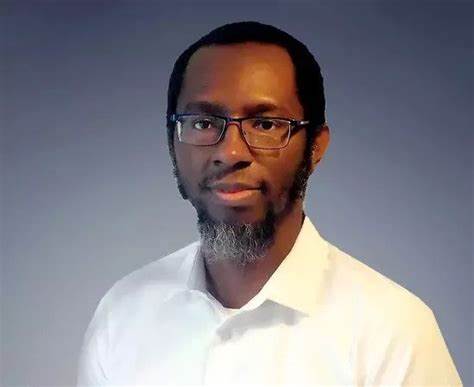Ose Anenih, son of the late elder statesman and former Social Democratic Party (SDP) Chairman, Chief Tony Anenih, has strongly refuted recent comments by presidential aide Bayo Onanuga, accusing him of misrepresenting historical events surrounding the annulled June 12, 1993, election and his father’s involvement in its aftermath.
In an open letter on Monday, Anenih criticized Onanuga’s remarks as an “uncouth” depiction of his father, made under the auspices of the Presidency. He expressed disappointment over what he described as the politicization of history and the posthumous vilification of a man he argued was instrumental in navigating a challenging period in Nigeria’s democratic journey.
Anenih said he would avoid emotional baiting but felt compelled to correct what he called a misrepresentation of history. “I will assume that your mischaracterisation of historical events stems from ignorance, not malice,” he wrote, in reference to Onanuga’s commentary.
He recalled that following the annulment of the June 12 presidential election, Chief Moshood Abiola initially fled the country, only to return later and visit Chief Tony Anenih in Benin City. During that visit, the senior Anenih reportedly confronted Abiola over what he saw as the SDP candidate’s abandonment of the party and its supporters at a crucial moment.
Quoting his late father, Ose Anenih revealed that Abiola had responded metaphorically to warnings with the phrase: “A bird does not tell his friends that the stone is coming.”
Anenih recounted further exchanges between his father and Abiola, including cautionary advice against trusting the military regime under General Sani Abacha. He stated that Abiola initially supported the concept of an Interim National Government (ING) and negotiated for strategic positions in preparation for eventually assuming the presidency. However, Abiola later shifted his allegiance to Abacha, even reportedly congratulating him following the coup that overthrew the ING.
Ose Anenih also questioned the narrative that early visits to Abacha by politicians, including President Bola Tinubu, should be interpreted as acts of democratic heroism. He pointed out that his father mentioned Tinubu only once in his 260-page memoir, My Life and Nigerian Politics, and not in any context of hostility.
“I find it curious that you consider his [Tinubu’s] early visit to Abacha… a mark of honour,” Anenih wrote, noting that several other prominent figures involved in that period of Nigerian history are still alive and could offer their own accounts.
He added that he found it regrettable that the Presidency would devote energy to revisiting a three-decade-old episode rather than addressing current national tragedies, including recent bombings in Borno and Kano.
“I truly wish you had used your pen today to issue condolences… rather than rewriting history and smearing the dead,” Anenih said, concluding with an offer to send Onanuga a copy of his late father’s memoir for historical clarity.



